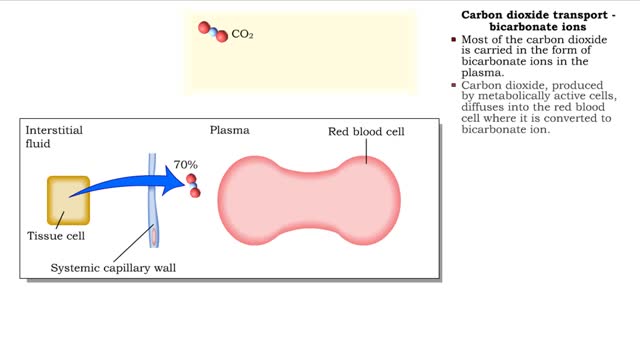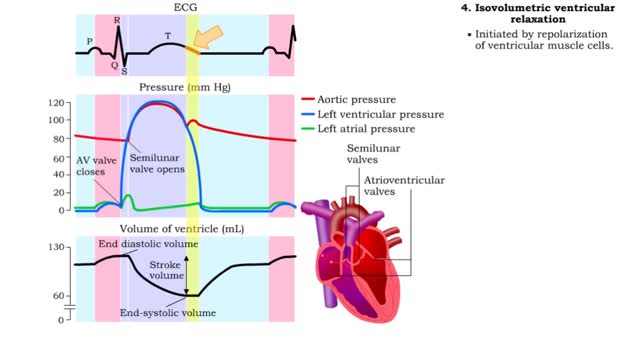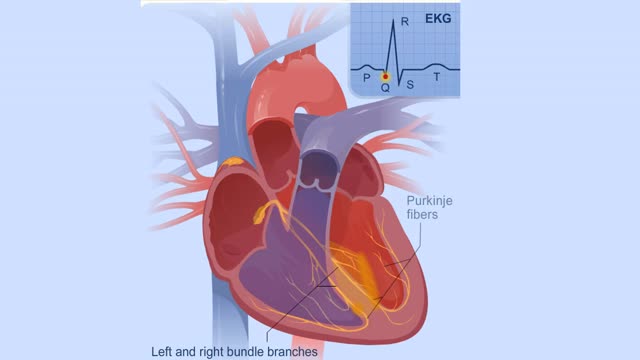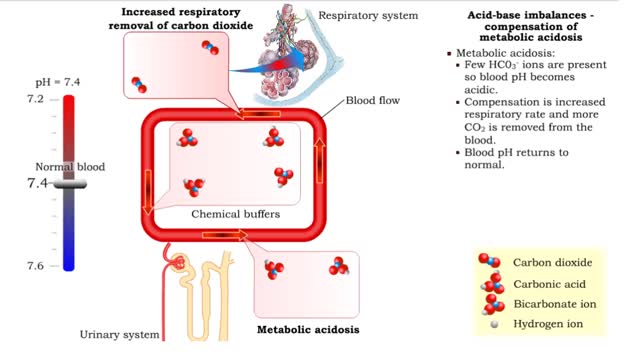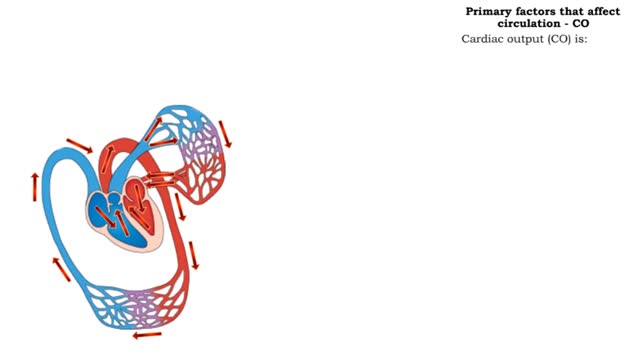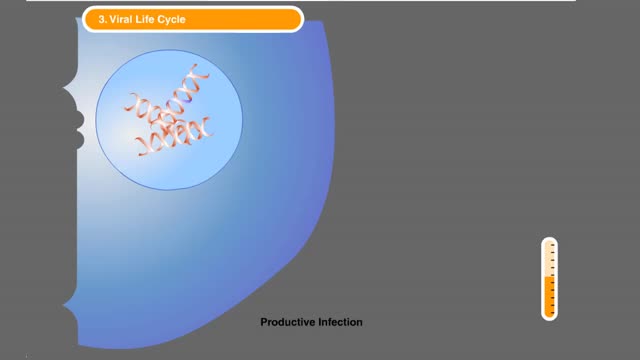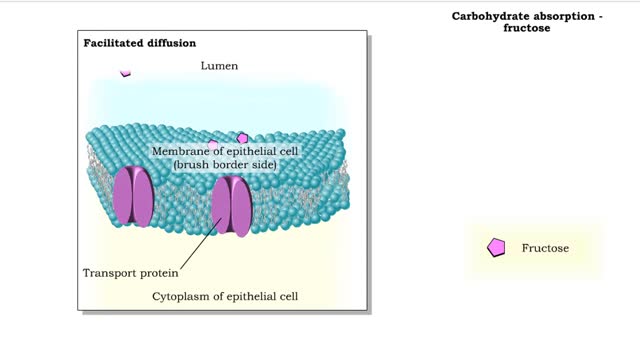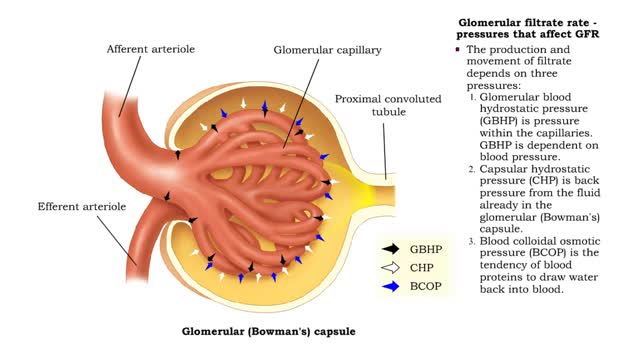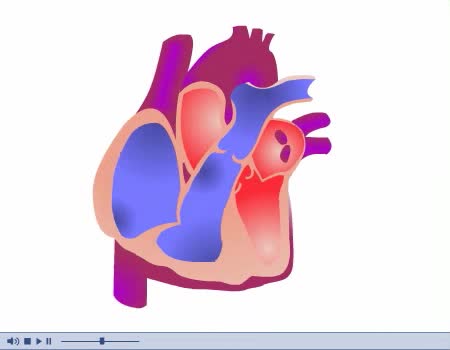Search Results
Results for: 'fetal red blood cells'
Methods of carbon dioxide transport - carbaminohemoglobin and bicarbonate ions
By: HWC, Views: 11775
• Carbon dioxide is transported three ways: • As bicarbonate ions in the plasma. • Bound to hemoglobin. • As a dissolved gas in the plasma. • A small percent of carbon dioxide is transported as a dissolved gas. • Some of the carbon dioxide is bound to hemoglobin, in the fo...
Isovolumetric VC, Ventricular ejection, Isovolumetric & Passive ventricular filling
By: HWC, Views: 11647
• Isovolumetric means that blood volume does not change. • Ventricular blood volume and cell length remain constant. • With valves closed and contraction continuing, ventricular pressure continues to rise. • Ventricular pressure rises above arterial pressure. • Increased ventr...
Electrical Conduction System of the Heart
By: HWC, Views: 10829
Your heart is a muscle that works continuously, much like a pump. Each beat of your heart is set in motion by an electrical signal from within your heart muscle. The electrical activity is recorded by an electrocardiogram. known as an EKG or ECG. Each beat of your heart begins with an electric...
Acid-base imbalances - compensation of metabolic acidosis and alkalosis
By: HWC, Views: 11859
1. Metabolic acidosis: • Few HC03- ions are present so blood pH becomes acidic. • Compensation is increased respiratory rate and more CO2 is removed from the blood. • Blood pH returns to normal. 2. Metabolic alkalosis: • Many HC03- ions are present so blood pH becomes alkaline...
The primary factors that affect circulation - MABP, CO and SVR
By: HWC, Views: 12104
Introduction Blood flow is determined by the relative intensities of factors that drive and resist moving blood. • Cardiac output (CO) equals the mean arterial blood pressure (MABP, a driving force) divided by systemic vascular resistance (SVR, a resisting force). • Hormones and the cen...
HIV Infection: Viral life cycle
By: HWC, Views: 11137
The series of steps that HIV follows to multiply in the body. The process begins when HIV encounters a CD4 cell. The seven steps in the HIV life cycle are: 1) binding; 2) fusion; 3) reverse transcription; 4) integration; 5) replication; 6) assembly; and 7) budding. Many viruses f...
Carbohydrate digestion (brush border enzymes, end products) & Carb absorption (fructose, galactose)
By: HWC, Views: 11641
• Carbohydrate digestion concludes in microvilli of the small intestine, in brush border epithelial cells. Carbohydrate digestion -brush border enzymes • Four brush-border enzymes are involved: • Alpha-dextrinase breaks down alpha-dextrin chains by removing glucose units. • Sucras...
Glomerular filtrate rate: pressures that affect GFR, NFP & GFR and blood composition
By: HWC, Views: 12216
• The glomerular filtration rate is the amount of filtrate formed per minute within the renal corpuscle. • Once the filtrate is formed it moves down the tubule. • The production and movement of filtrate depends on three pressures: I. Glomerular blood hydrostatic pressure (GBHP) is ...
By: Administrator, Views: 14824
Diastole and systole are two phases of the cardiac cycle. They occur as the heart beats, pumping blood through a system of blood vessels that carry blood to every part of the body. Systole occurs when the heart contracts to pump blood out, and diastole occurs when the heart relaxes after contract...
Advertisement



